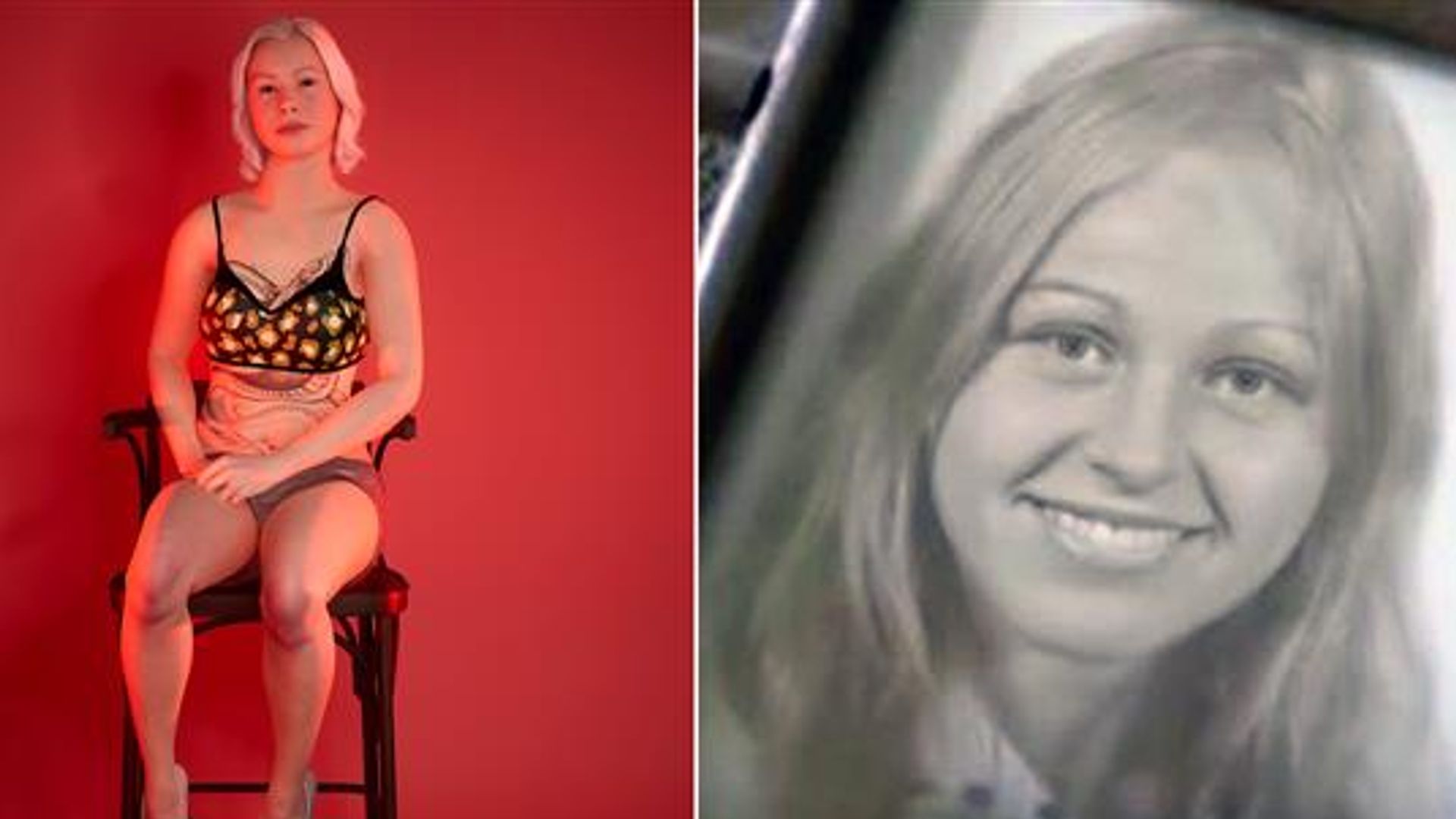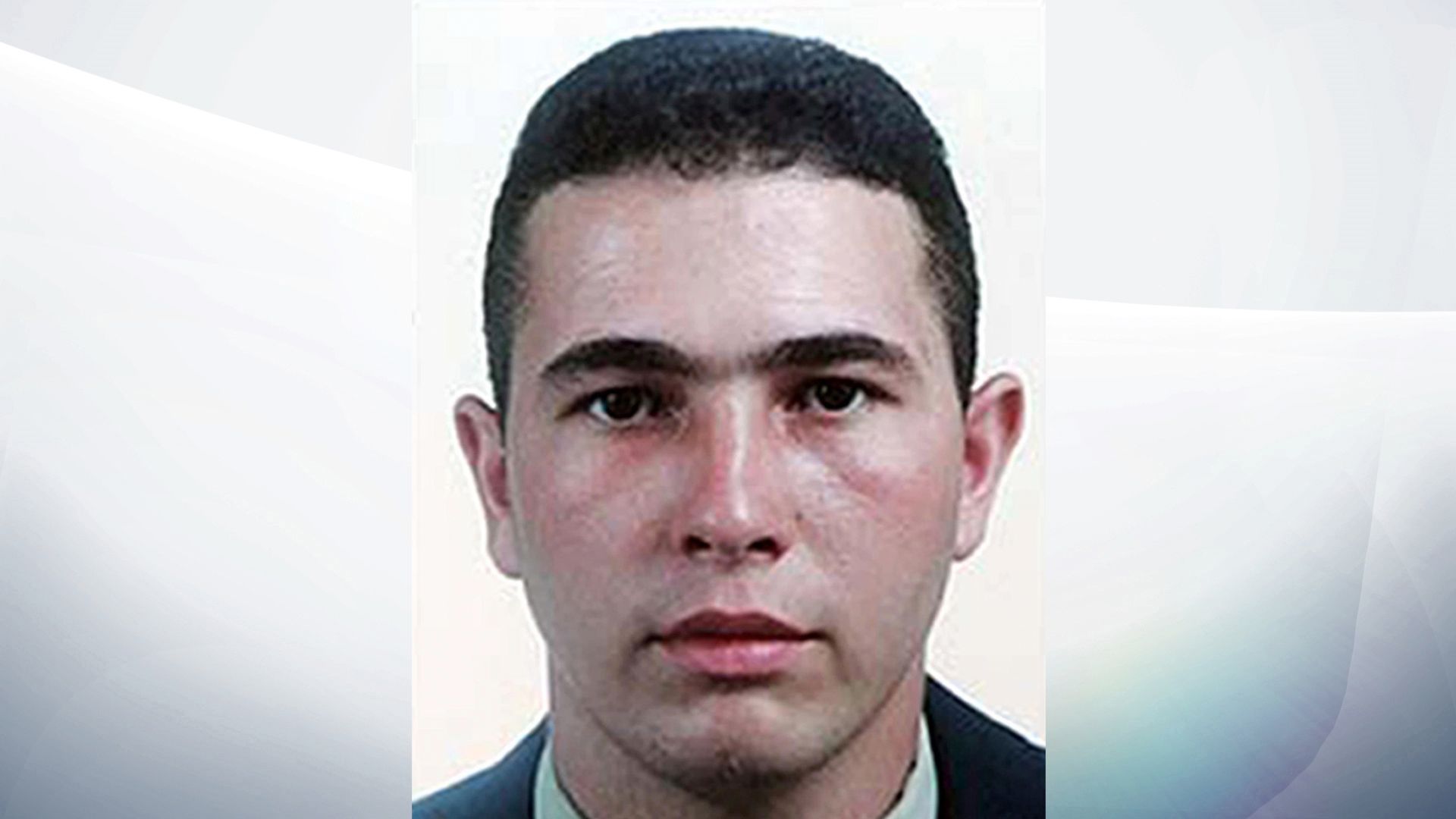
If you or someone you know needs resources or support related to sexual violence, contact the Maine Coalition Against Sexual Assault’s 24/7 hotline at 800-871-7741.
The Bangor Region YMCA failed to protect a 13-year-old boy from a sexual assault by his coach in 1979, a lawsuit filed Tuesday said.
Wayne Quimby was sexually assaulted by his youth basketball coach, William Kearns, in December 1979. Kearns was convicted of unlawful sexual contact in February 1980 and sentenced to one year of incarceration and two years of probation.
At the time of the sexual assault, Kearns was 24 years old and the basketball coach for boys ages 13 to 15 at the YMCA. He had a previous criminal record for simple assault and battery in 1974, which was pleaded down from a sex offense, the 24-page lawsuit filed in Penobscot County Superior Court said.
Kearns is not named as a defendant in the lawsuit.
The YMCA didn’t perform a background check on Kearns, which allowed him to be in close contact with hundreds of children, the lawsuit said. Quimby reported the sexual assault to a YMCA supervisor, who did not take any action, according to the suit.
The Y had a duty to protect Quimby from harm, and breached that duty when it failed to protect him, especially in light of Kearns criminal record, according to the suit. As a coach, Kearns had a position of power over Quimby, who looked to him as a role model.
A 2021 law lifted the statute of limitations retroactively for children who were sexually abused, allowing them to file civil lawsuits. That change allowed Berman & Simmons to file the lawsuit for Quimby.
“The Bangor Region YMCA’s highest priority is the health and safety of the children in its care,” YMCA attorney Berney Kubetz said. Kubetz also formerly represented the Bangor Daily News. “While it would be inappropriate to comment specifically on pending litigation, we can say that Mr. Quimby’s claims are alleged to have occurred 45 years ago, and his complaint asserts that the alleged incident did not happen at the Bangor Y.
“While we certainly have compassion for any misfortunes that Mr. Quimby may have encountered in his life, we do not believe the Y should fairly be blamed for them.”
Kubetz said he believes the Bangor YMCA has historically had some of the strictest background checks in the state, because of the organization’s mission and concern for the welfare of children, but he wouldn’t say whether the YMCA did background checks in 1979.
The Y uses rigorous training for staff and violations of child safety measures are not tolerated, he said.
The lawsuit asks for a jury trial and for a judge to award Quimby unspecified compensatory and punitive damages.
Because of the sexual abuse, Quimby continues to suffer from “substance use disorder, difficulty with interpersonal relationships, emotional distress, physical manifestations thereof, embarrassment, loss of self-esteem, disgrace, humiliation and loss of enjoyment of life,” the lawsuit said. He also has paid for and will keep paying for psychological treatment, therapy and counseling.
The eight-count filing said the YMCA was negligent when it allowed Kearns to have access to children. At the time, the issue of child sexual abuse within youth organizations was already known and the Y should have taken action to protect the children it served, the lawsuit said.
Kearns should have been supervised more by the YMCA, which if done properly, meant Quimby would not have been abused, the lawsuit said.
The YMCA also intentionally inflicted emotional distress and breached its contract with Quimby’s parents to keep him safe, per the lawsuit.
During a December 1979 basketball practice, Kearns learned Quimby had never been to a hockey game at the University of Maine and invited the boy to a game after practice.
Quimby said he needed to go home to shower first, and Kearns invited him to shower at his place, where he later fondled and forced oral and genital contact on the boy, according to the suit.
A few days later, Kearns invited Quimby to another game, along with a friend. Quimby knew this was an opportunity for Kearns to abuse him again and reported Kearns to managing supervisor Gordon Bowden. He did not take any action, the lawsuit said.
Quimby also told his mom about the sexual assault. She then reported it to law enforcement, leading to Kearns’ conviction.
The YMCA never tried to contact Quimby and his family to talk to them about the sexual abuse from Kearns, the lawsuit said.
After Quimby was assaulted, he “began a lifelong spiral into substance use disorder as a means of coping with his severe emotional injuries that were caused by a direct and foreseeable result of the assault.”











